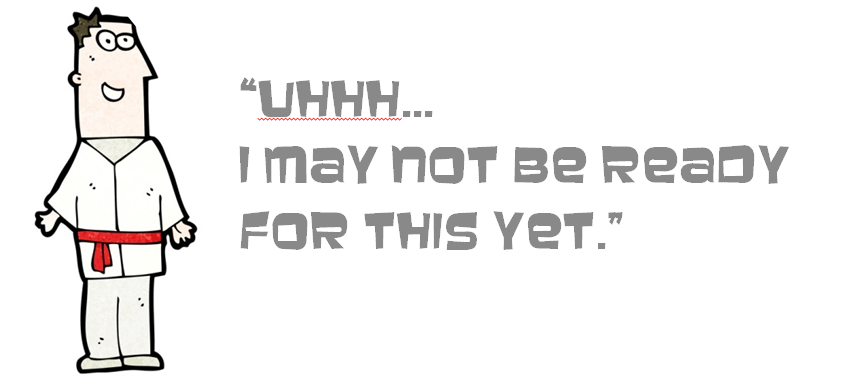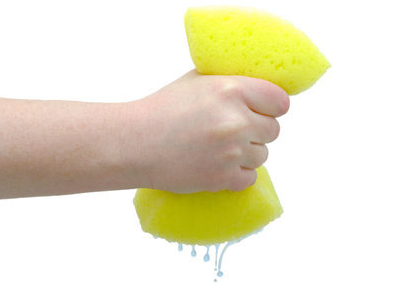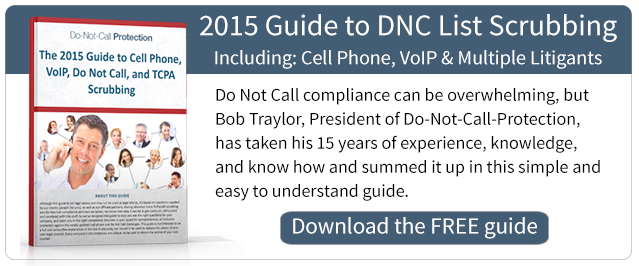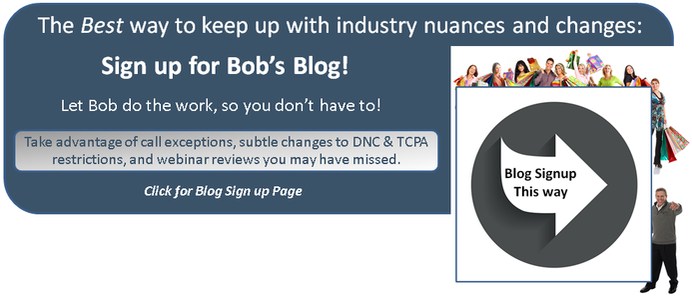
10 years after the birth of the original Do Not Call state and national lists, I still get calls from real estate agents, insurance professionals, financial advisors, and others asking some version of, “How does the Do Not Call list work?” and "What do I need to do to protect myself." So here's a primer on how to help yourself, and your company, when reaching out to solicit consumers and other businesses.
The 7 most frequently asked questions about the Do Not Call lists:
- Is there a Do Not Call List?
- How does the Do Not Call List work for my business?
- What is Do Not Call List scrubbing?
- Where can I get a Do Not Call List?
- Is there a difference in the Do Not Call regulations for regular lines and cell phone numbers?
- I don’t make cold calls. Do I still need to comply?
- Can I get someone to do Do Not Call compliance for me?
The world of Do Not Call compliance can be confusing. Those of you working alone or calling consumers for the first time, or even other businesses, could use a friend on this. And you old timers that haven’t called in a while, times have changed! Let’s take these questions one at a time.
1. Is there a Do Not Call List?
Yes there is a consumer Do Not Call List. Several actually. As a businessperson communicating with consumers, you’re responsible for registering as a business with the National Do Not Call Registry and “scrubbing” your numbers against it before calling. The good news is the first five area codes are free and $69 per area code after that/per year. The whole list is $17,000 for the year. Several states have additional Do Not Call Lists. So you’ll want to scrub against those also, along with the Direct Marketing Association Wireless Block Identifier for cell phones if you choose to. See: Do Not Call List Scrubbing - Federal, State & In-House Lists.
2. How does the Do Not Call List work?
The National Registry Do Not Call List works by allowing consumers to sign up for it free at www.donotcall.gov. State lists allow residents to sign up, sometimes for free, mostly paid! As a business professional, the best way to find your state list, if any, is to Google “do not call (my state).” You’re looking to register as a telemarketer on your state attorney general’s site. If your state doesn’t require separate registration or doesn’t have a list, they’ll generally forward you to www.telemarketing.donotcall.gov.

3. What is Do Not Call List Scrubbing?
The term “scrub” means to compare the number or numbers you’d like to call against the numbers on national and state Do Not Call lists. If the number you’d like to call matches a number on a prohibited list, it’s best not to call it, lest you be subject to the various financial penalties of the Do Not Call Laws.
4. Where Can I Get a Do Not Call List?
As a business professional calling consumers, you’re allowed to access the National Registry according to the number of area codes you’ve registered for the year. As I mentioned, the first five area codes are free.
5. Is there a difference in the Do Not Call regulations for regular lines and cell phone numbers?
Yes. Businesses are required to scrub cell phone numbers every 15 days and regular or “landlines” every 30 days. See: "Cell Phone Scrubbing for Do-Not-Call & TCPA Compliance."
6. I don’t make cold calls. Do I still need to comply?
The government considers anyone that uses the phone to be a telemarketer. So yes, you need to register to protect yourself against the Do Not Call laws.
7. Can I get someone to do Do Not Call compliance for me?
Yes. The challenge is to find a company with the Do Not Call policies, procedures and enforcements to actually be able to survive a safe harbor assessment by the FCC, FTC, your state attorney general, or an individual suing, as mandated by Congress. Stay away from “free” service providers or software providers wanting you to download the actual DNC registries yourself. See: "Do Not Call Protection Solutions Page."
Steer clear of your list provider, fulfillment house, or data provider trying to help you out. They don’t specialize in Do Not Call. It’s become too expensive and it could potentially put them out of business. DNC is a legal issue, not a data issue.
What do you think? - Do you have any buring questions about the Do Not Call restrictions. Tell us about it in the comments below! -
Do Not Call List Scrubbing 2015 Guide - Download Now!








